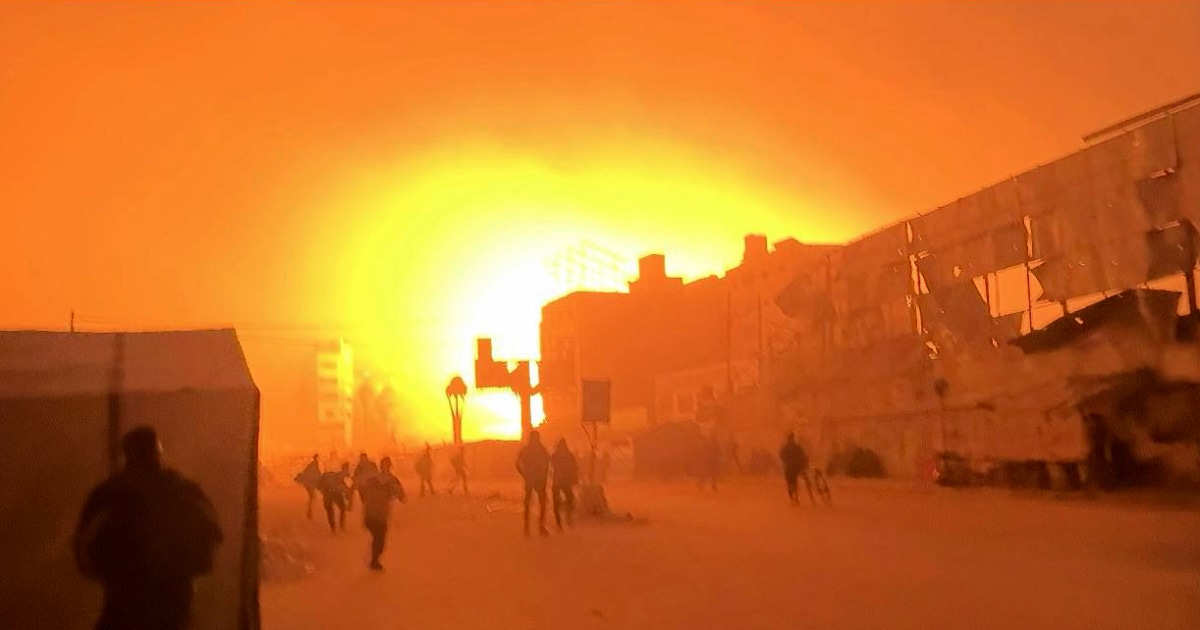Unraveling the Impact: Israeli Military Strikes Target Gaza City Hospital
Israeli airstrikes hit a major hospital in Gaza City this week, escalating tensions in the ongoing conflict and sparking international outrage. The attack, which occurred on Tuesday evening, killed at least 15 civilians and injured dozens more, according to Palestinian health officials. The Israeli military claims the hospital was being used as a Hamas command center, while humanitarian organizations decry the strike as a violation of international law. The incident has intensified scrutiny of civilian casualties and the deteriorating humanitarian situation in Gaza.
Immediate Aftermath and Conflicting Narratives
Smoke billowed over Al-Shifa Hospital as emergency teams scrambled to evacuate patients amid collapsed infrastructure. Gaza’s Health Ministry reported critical shortages of medical supplies and power outages, compounding the crisis. “This is not just an attack on a building—it’s an attack on the entire healthcare system,” said Dr. Fares Akram, a surgeon at the hospital. “We’re operating in hallways with flashlights.”
Meanwhile, the Israel Defense Forces (IDF) released aerial footage purportedly showing Hamas militants transporting weapons through hospital tunnels. “Terrorists exploit civilian spaces, forcing us into impossible choices,” stated IDF spokesperson Lt. Col. Jonathan Conricus. Independent verification of either claim remains challenging due to restricted media access.
The Humanitarian Crisis Deepens
The hospital strike exacerbates Gaza’s already dire conditions:
- Over 1.8 million residents face electricity shortages (UNOCHA)
- Medical facilities operate at 40% capacity due to fuel and equipment deficits
- Child malnutrition rates have tripled since 2022 (WHO)
Médecins Sans Frontières condemned the attack, noting that 23 healthcare facilities have been damaged in the past month alone. “The Geneva Conventions explicitly protect medical units during conflict,” stressed MSF’s regional director Claire Magone. “This erosion of humanitarian principles will have generational consequences.”
International Reactions and Diplomatic Fallout
The UN Security Council convened an emergency session, revealing stark divisions:
- US Position: Supported Israel’s right to self-defense while urging proportionality
- EU Response: Called for an independent investigation into potential war crimes
- Regional Allies: Egypt and Jordan recalled ambassadors in protest
Political analyst David Rothkopf observed, “This incident may become a turning point—the moment global opinion shifts decisively against Israel’s current strategy.” Meanwhile, Hamas rejected ceasefire proposals, vowing retaliation for what it terms “the massacre of innocents.”
Legal and Ethical Implications
International humanitarian law establishes clear protocols for military engagements near medical facilities:
- Hospitals lose protected status if used for military purposes (Article 19, Geneva Convention)
- Attacking forces must provide effective warning when possible (Protocol I)
- Disproportionate civilian harm constitutes a war crime (Rome Statute)
Legal scholar Amal Clooney noted, “The burden of proof rests with Israel to demonstrate imminent threat from this location. Absent incontrovertible evidence, this strike risks being classified as collective punishment.”
What Comes Next?
As rescue teams continue searching the rubble, broader questions emerge:
- Will the ICC open a formal investigation into potential violations?
- Can humanitarian corridors be established amid active hostilities?
- How will this impact stalled peace negotiations?
The Red Cross has launched an emergency appeal for medical aid, while the UN warns that Gaza’s healthcare system may collapse within days. For civilians caught in the crossfire, the path forward remains uncertain—and increasingly desperate.
Call to Action: Readers can support humanitarian efforts through verified organizations like the International Committee of the Red Cross or UNICEF. Share this article to raise awareness about the unfolding crisis.
See more CNN Headline


